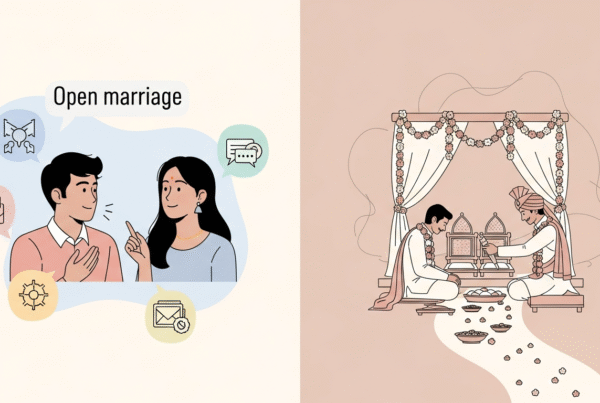Some revolutions are loud.
Others happen between texts left on read, beds that stay undisturbed, and Saturday nights spent not swiping.
This is one of the quiet ones.
Across the world, people are making an unexpected choice: they’re opting out of sex. Not out of shame. Not because they “can’t get any.” But because they’re tired, disillusioned, uninterested, or simply done.
Some are asexual. That’s their orientation. Others describe themselves as celibate, abstinent, or just not doing that right now. Some are turning away from relationships entirely. Some still want love, just not sex. And some are done with both, and feel freer than ever.
Whatever the label, or lack of one, this isn’t a phase. It’s a reckoning.
Let’s sit with that.
I. Asexuality Is Real. And It Doesn’t Need Fixing.
 The first time someone hears the word “asexual,” they often flinch. It sounds clinical. Cold. Like a diagnosis instead of a possibility.
The first time someone hears the word “asexual,” they often flinch. It sounds clinical. Cold. Like a diagnosis instead of a possibility.
But for many, finding out they’re asexual feels like relief. Like someone finally turned the volume down on a question that never fit.
“I thought something was wrong with me,” said one speaker. “Then I found out I was asexual, and suddenly everything made sense.”
Asexuality is a sexual orientation. It isn’t a lack. It isn’t fear. And it doesn’t need to be corrected or explained away.
Some asexual people enjoy cuddling, kissing, or even sex under specific circumstances. Others don’t. Some want romantic partners. Others prefer solo lives or queerplatonic partnerships. Every version is valid.
“I used to force myself to go on dates. To try to feel something. Anything. But I didn’t want sex. I wanted connection. I wanted someone to make me tea when I was tired.”
II. Celibacy Without Shame
 For others, it’s not about orientation. It’s a decision. People are choosing celibacy because they’ve had enough. Not of sex itself, but of what sex became.
For others, it’s not about orientation. It’s a decision. People are choosing celibacy because they’ve had enough. Not of sex itself, but of what sex became.
“Everyone assumes celibacy is about religion or heartbreak. For me, it’s about peace,” said one person, five years into a self-chosen, sex-free life. “I was tired of pretending I wanted something I didn’t.”
This isn’t the internet’s version of “incel.” This is clarity. It’s a full-bodied no.
“I’m not punishing myself. I’m freeing myself. Every time I chose sex to avoid loneliness, I ended up lonelier.”
Celibacy doesn’t mean isolation. It just means intimacy looks different now. For some, it’s long hugs. For others, it’s quiet mornings with a dog-eared book and no obligations.
III. Opting Out Entirely
Some people aren’t just skipping sex. They’re done with the whole setup.
“I stopped dating because I was tired of performing,” one person said. “The apps. The profiles. The weird rules. It felt like I was interviewing for a role I didn’t even want.”
It isn’t loneliness. It’s sovereignty.
“I didn’t go off sex because I hate people. I just like myself more when I’m not chasing validation in someone else’s bed.”
There are no articles being written about this. No major think pieces. But in the background, people are checking out quietly, and choosing themselves.
And it’s working.
IV. Relationships Without Sex
 Not everyone who says no to sex says no to love. Some just want a different kind of partnership.
Not everyone who says no to sex says no to love. Some just want a different kind of partnership.
“We’re not roommates. We’re not friends. We’re life partners who don’t have sex,” said one half of a queerplatonic couple. “We raise a dog. We split rent. We hold each other when things are rough.”
This isn’t about what’s missing. It’s about what’s possible.
“I’ve had more intimacy in this relationship than in any of my past romantic ones. There’s no pressure to perform. Just presence.”
People keep trying to label it. Romantic? Platonic? Something in-between?
The answer is yes. Or maybe the answer doesn’t matter.
V. Sex Isn’t the Boss
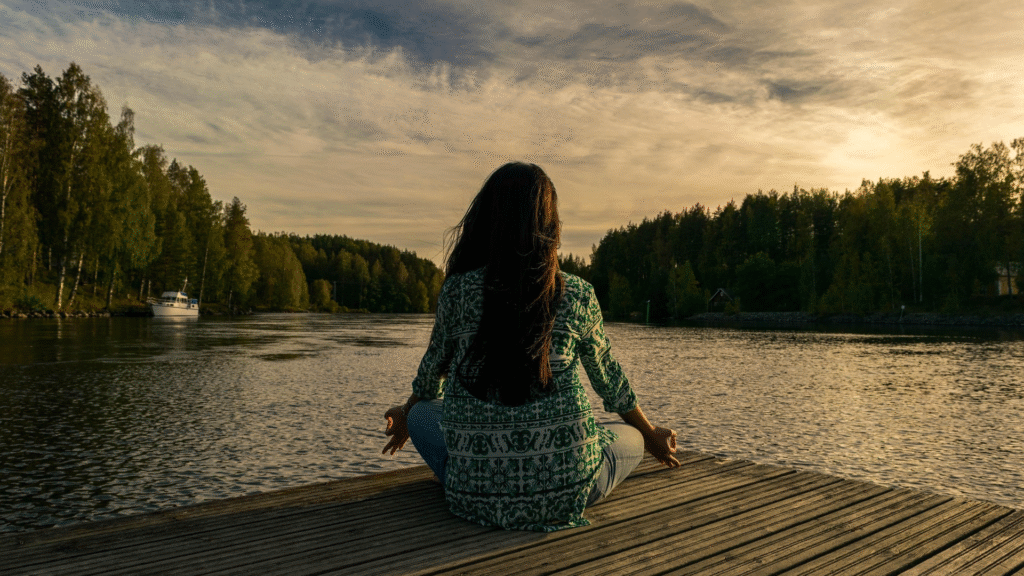 None of this means desire disappears.
None of this means desire disappears.
Some people still feel it. They just don’t act on it. Others fantasise but feel no interest in making it real. Some used to enjoy sex and stopped.
“I thought my libido was broken,” said one speaker. “But it wasn’t broken. It was bored. Sex stopped making me feel anything.”
Some still enjoy sex, just not often. Not automatically. And never because they feel they should.
“I thought saying yes to everything was power. Turns out, saying no feels better.”
Desire without action isn’t a crisis. It’s an option. It doesn’t need to be explained. It doesn’t need to be fixed. It just needs space.
VI. About That Birth Rate Panic
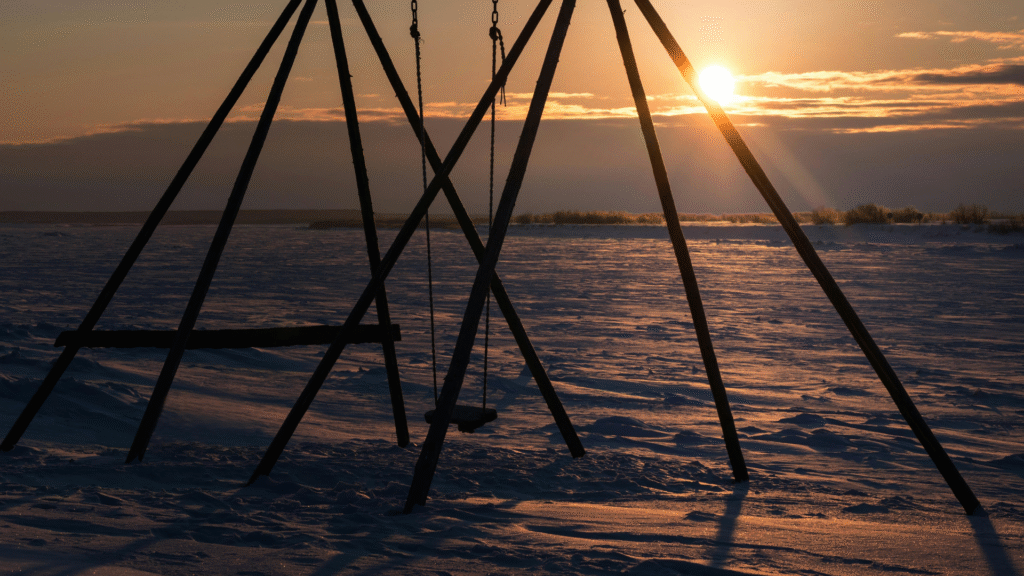 You’ve seen the headlines. Birth rates are falling. Governments are panicking. Economists are acting like the world is ending because people aren’t making babies fast enough.
You’ve seen the headlines. Birth rates are falling. Governments are panicking. Economists are acting like the world is ending because people aren’t making babies fast enough.
But the reasons aren’t mysterious.
“It’s not that people hate children. It’s that they’re exhausted,” said one researcher. “Financially. Emotionally. Socially.”
People aren’t reproducing because rent is too high. Childcare is impossible. The world feels unstable. Most young adults feel like they’re constantly failing a test no one gave them the rules for.
“I didn’t choose not to have kids because I hate them. I chose not to because I love sleep. I love quiet. I love not spending 20 lakhs on school fees.”
For some, it’s climate anxiety. For others, it’s simply that the urge never came. And that’s okay.
“We treat choosing not to parent as selfish. But I think forcing yourself to parent when you don’t want to? That’s the real danger.”
VII. The Power of “No, Thank You”
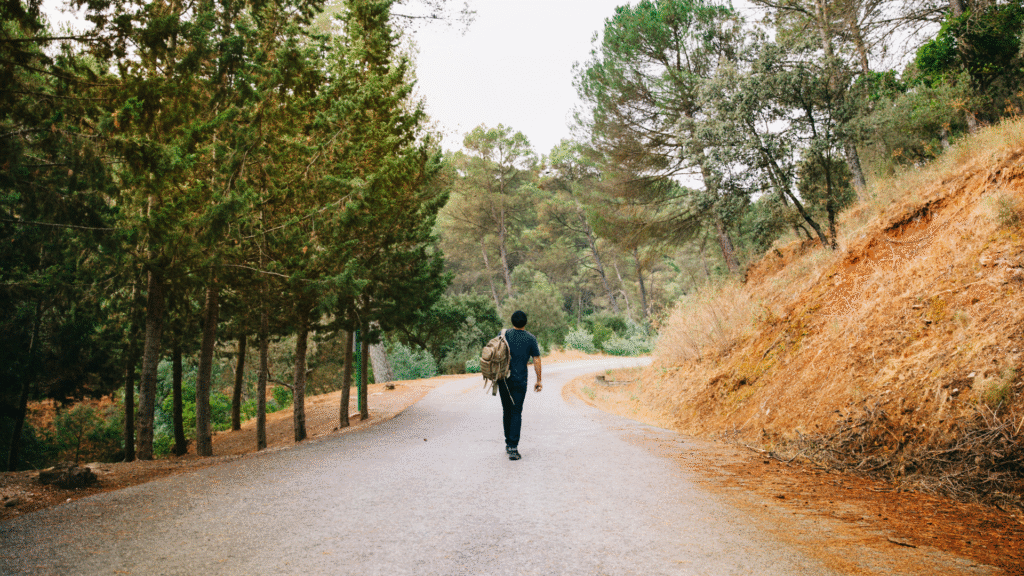 This is a soft revolution. No slogans. No marches. Just quiet refusals and careful redirections.
This is a soft revolution. No slogans. No marches. Just quiet refusals and careful redirections.
“I thought sex was the most intimate thing I could offer someone,” said one person. “Then I discovered eye contact on a long walk. Making soup for someone sick. Sitting in silence with someone who sees you. That’s intimacy too.”
Another speaker described it as taking off a corset they didn’t realise they were wearing.
“I’m not anti-sex. I’m anti-expectation.”
This isn’t a campaign to cancel desire. It’s a chance to rethink what we actually want, and what we’re just doing out of habit.
VIII. So What Happens Now?
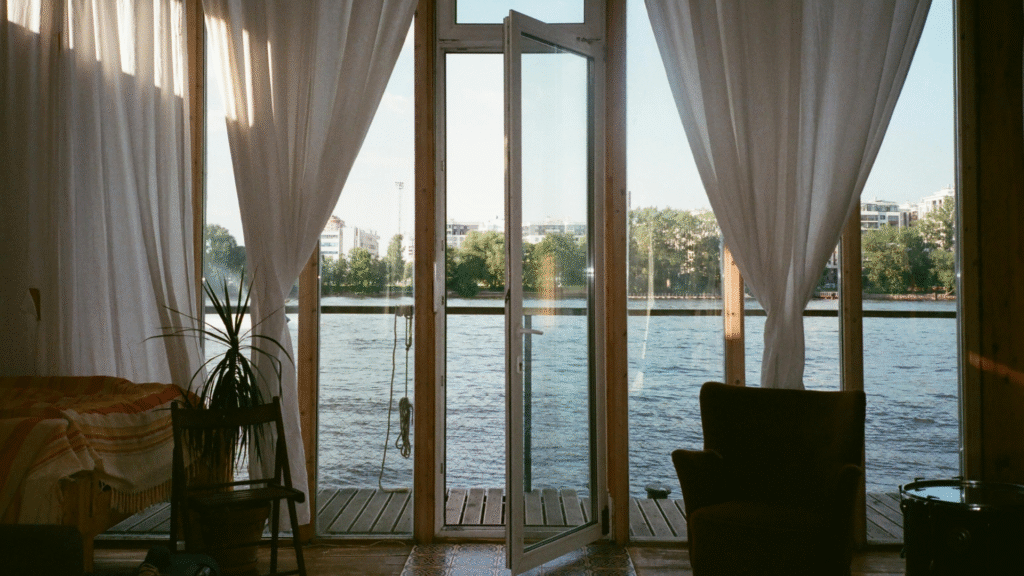 Let’s make one thing clear. This isn’t a warning. This isn’t about what’s wrong.
Let’s make one thing clear. This isn’t a warning. This isn’t about what’s wrong.
Sex is fine. Desire is fine. Pleasure is great. But wanting none of it is also fine.
“People act like celibacy is unnatural,” said one speaker. “But honestly? Hustling for affection I don’t want, just to seem desirable? That’s what felt unnatural.”
Saying no to sex doesn’t mean saying no to connection. It means saying yes to something else. Time. Energy. Clarity. Stillness. Sleep.
Maybe what you want isn’t a person. Maybe it’s peace.
IX. A New Kind of Intimacy
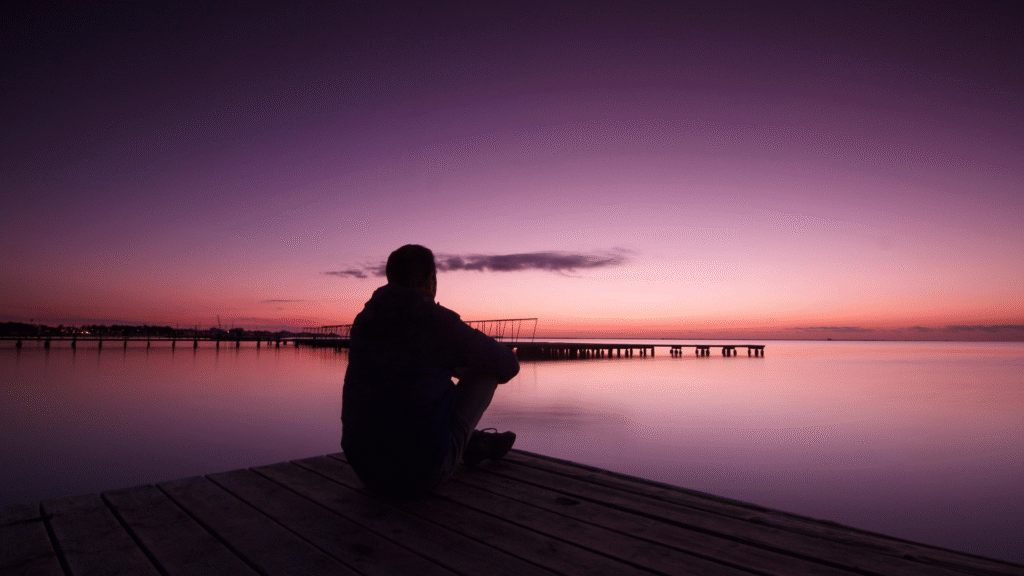 What if wanting less wasn’t a problem?
What if wanting less wasn’t a problem?
What if not wanting at all didn’t make you broken?
What if the absence of sex wasn’t something to fix, but something to understand?
“I thought saying no would mean saying goodbye to connection,” one person said. “But I’ve never felt more held than when I stopped chasing it.”
You don’t need to explain your libido.
You don’t need to justify your relationship.
You don’t need to follow a script.
You just need to be honest.
X. Our Thoughts
Sex is beautiful. But so is everything that happens when it’s not the centre of the room.
So is the pause. The slowness. The knowing that your body belongs to you, and only you.
Whether you’re asexual, celibate, solo, platonic, paused, or simply resting — you’re not missing out.
You’re not less.
You’re not late.
You’re not broken.
You’re just choosing differently.
And we’re here for that.





